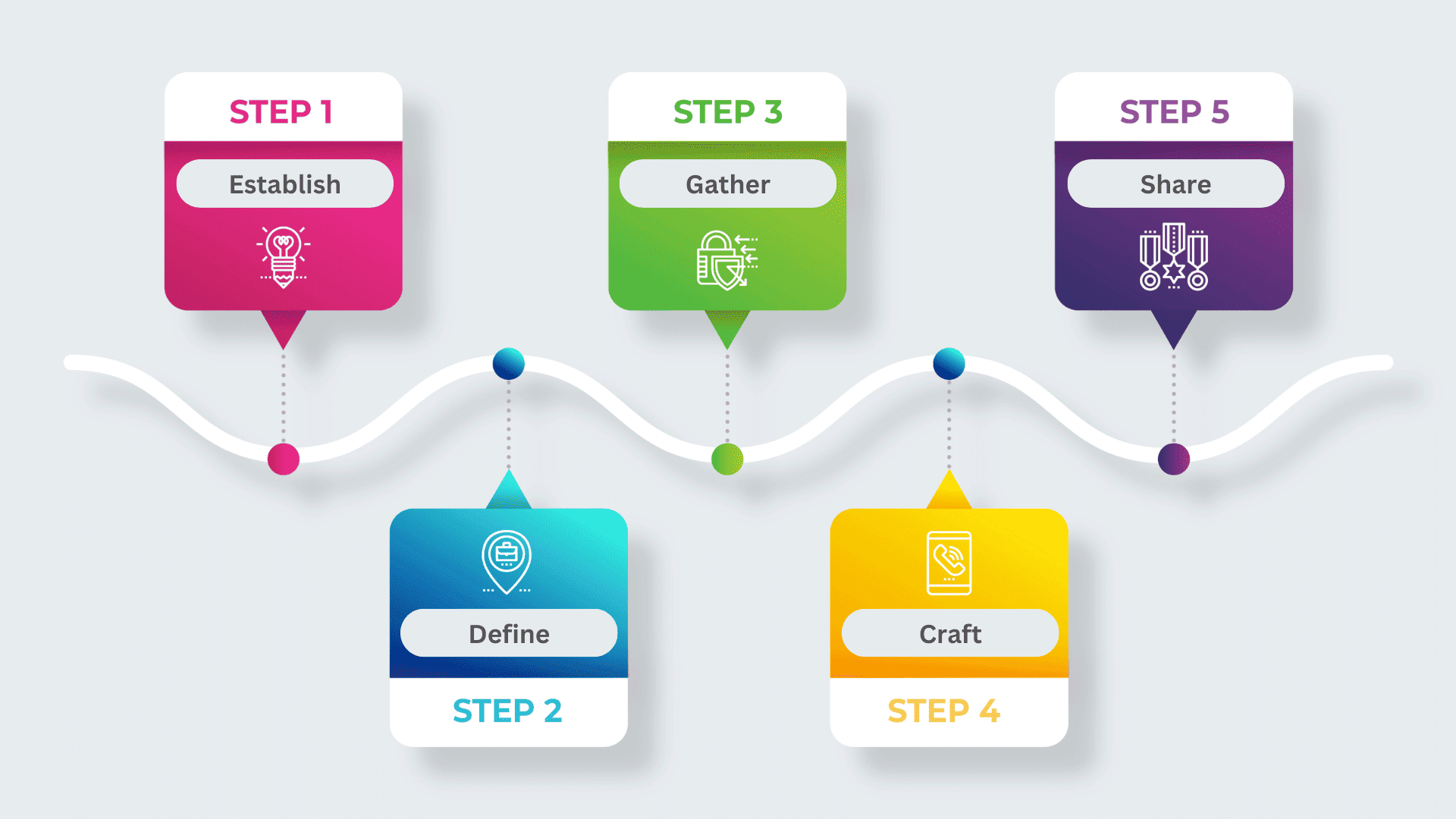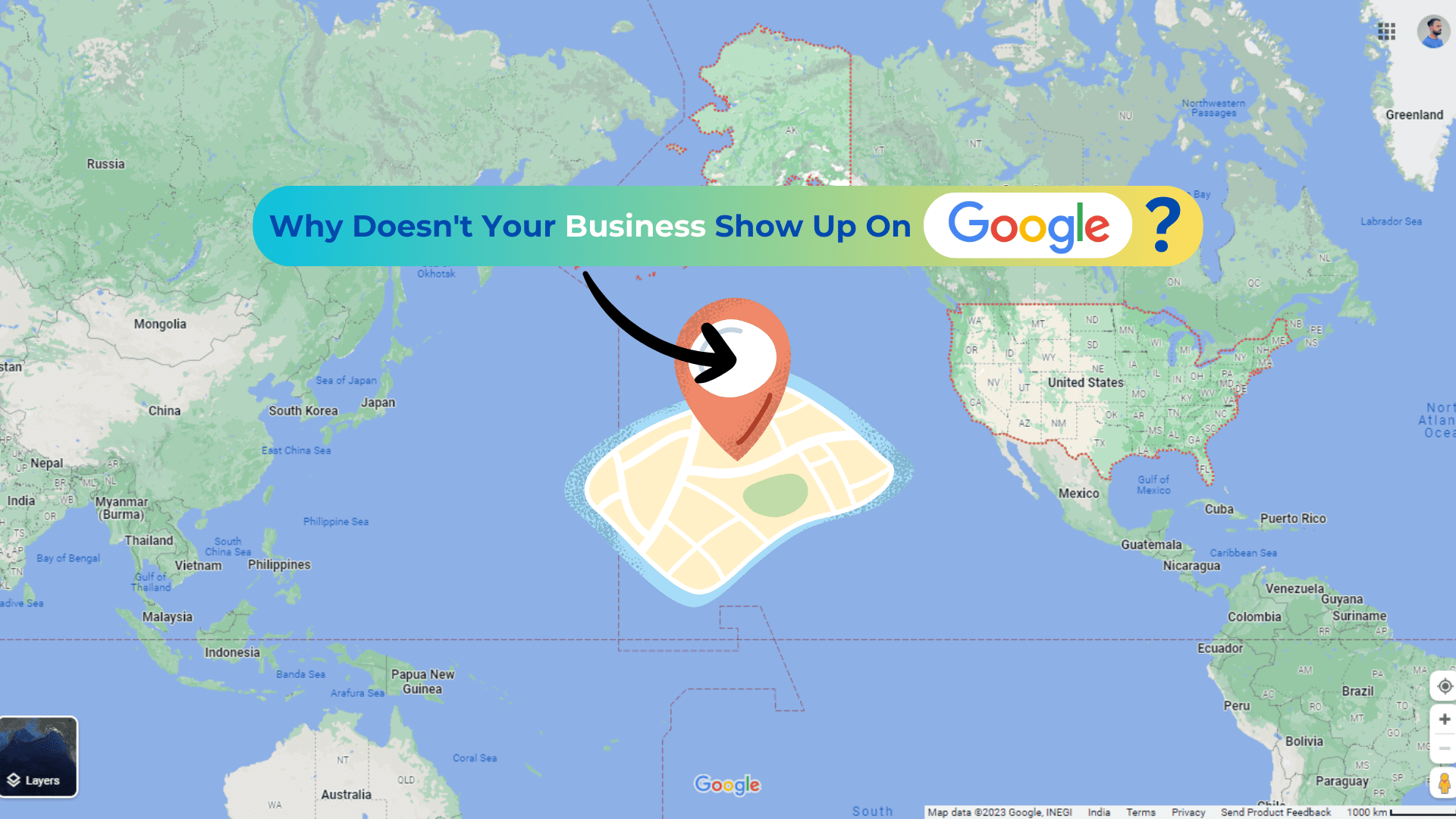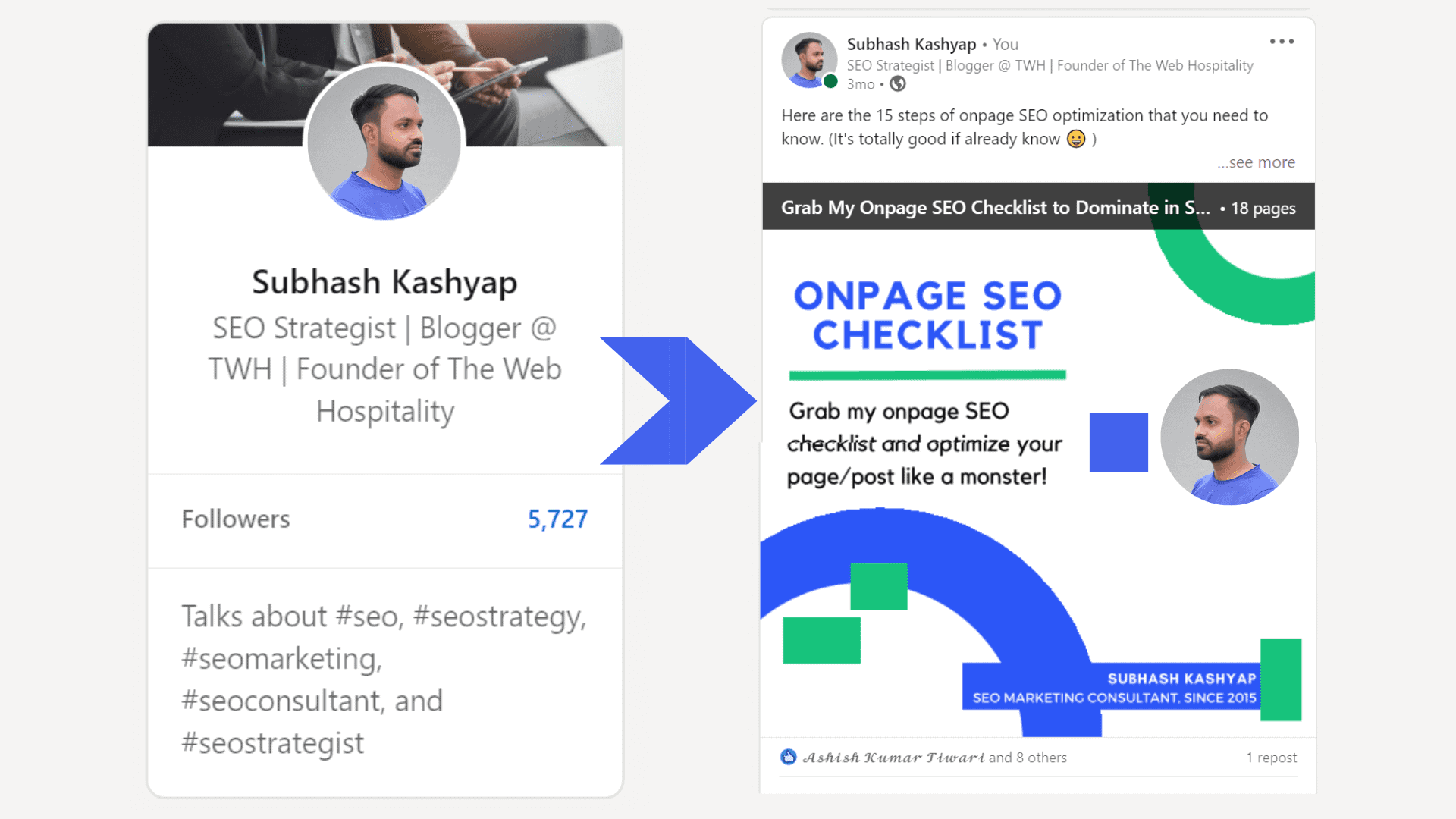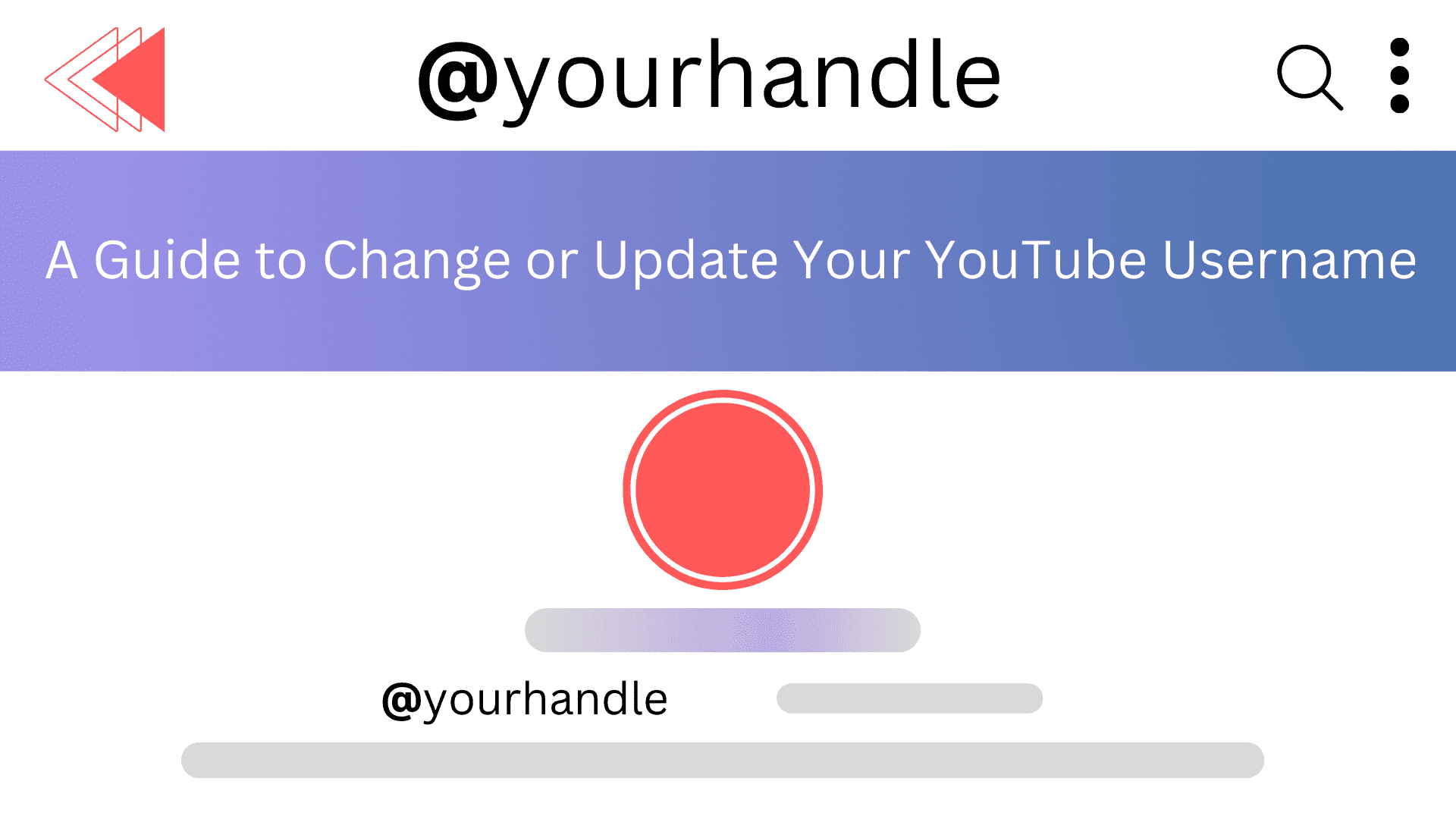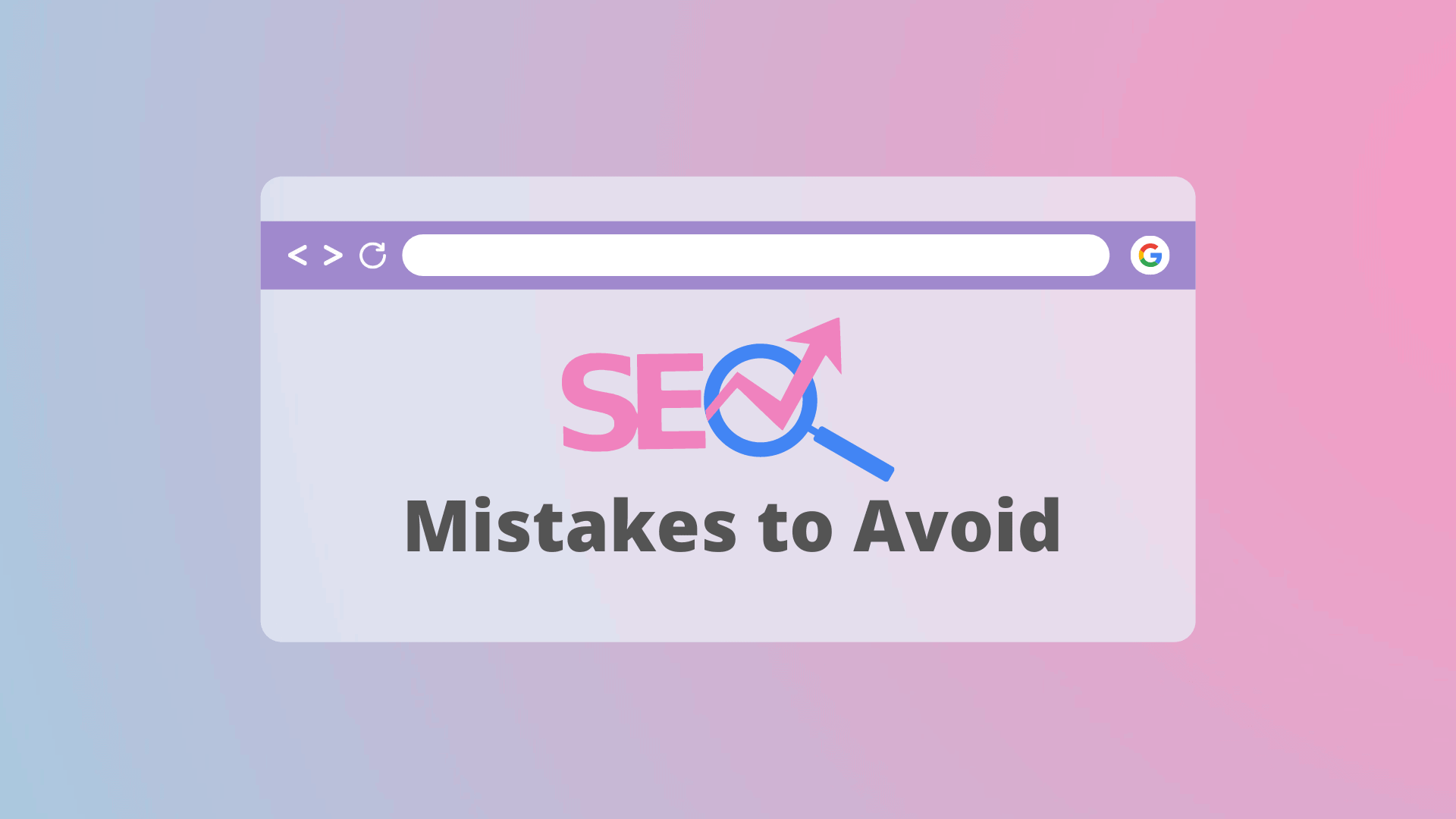Table of Article Contents
ToggleHere’s All You Need to Find Rankable Keywords in 2024
Are you wondering how you can easily find rankable keywords for your website?
Whether you have started your website recently or you have been struggling to rank it on search engines over a long time, you require a keyword strategy that is tried and tested to attract online users.
Searching for the correct keywords, not only will help you in achieving a high rank on the internet search engines, but also ensure that your website targets the right audience and enhancing conversions.
Let’s go straight into defining what are rankable keywords, why it is important to find the perfect keywords and 10 ways of discovering rankable keywords.
I’ve also answered a few frequently asked questions about rankable keywords for you.
Let’s begin!
What are Rankable Keywords?
Keywords are the search terms or phrases that people search for frequently on search engines like Google.
Rankable keywords are words and phrases that are less difficult to rank on the first page of a search engine, specifically for new websites, among trillions of searches made every day.
Basically, any keyword that gets a good amount of searches monthly, while having low competition is a rankable keyword.
These keywords usually target a specific query instead of a whole concept.
For example, you sell scented candles that are great mood boosters and make the perfect companion for meditation.
Here, a broad term like “meditation” or “scented candles” would have much higher competition and information-packed articles.
Instead, you can target a much specific query (keyword) like “how scented candles help in meditation.”
Why Do You Need The Right Keywords?
You need to put some efforts on selecting the right keywords because it’s the main the point. Key ones are:
- Through the use of precise keywords, you can comprehend what the viewers are looking for.
- Answering the correct answers builds trust in your contents, which will help in increasing conversions.
- It will also help you build a keyword cluster.
Now, let’s see how to find rankable keywords for a low DR site.
10 Excellent Methods to Find Rankable Keywords
Here I’ve compiled an exhaustive list of the different methods to find rankable keywords for a low DR site.
1. Google Autocomplete
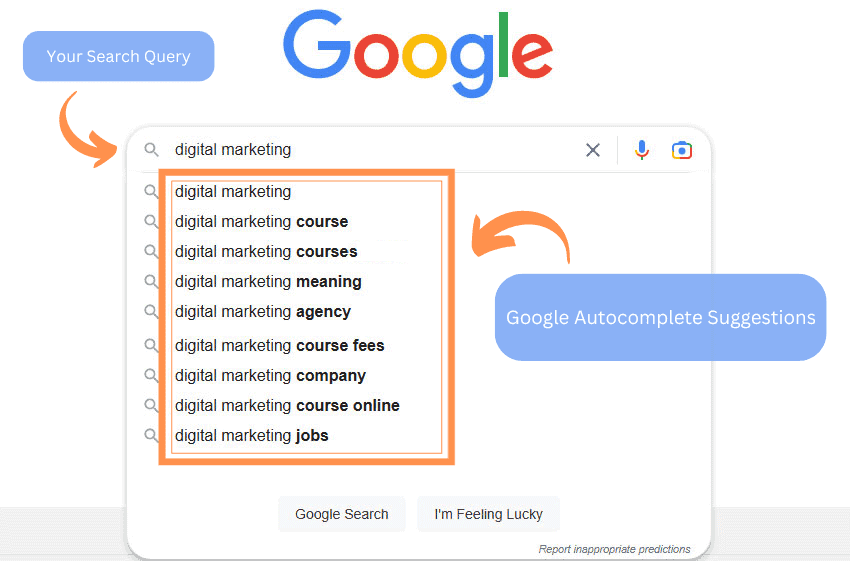
Usually, people use Google when they need information in order to know the businesses whose details they are looking for through the search outputs.
Want to know why Google isn’t showing your business? Check the insights given in this post as they are very helpful.
Google Autocomplete is one of the simplest methods that can show you what people are looking for.
Type your main search term in Google search bar, Google returns result of queries that are related to what is being searched.
Knowing exactly how and what to target is always achieved since this insights on how people search and the kind of phrases they use in their search enables you access the information.
2. Google Keyword Planner
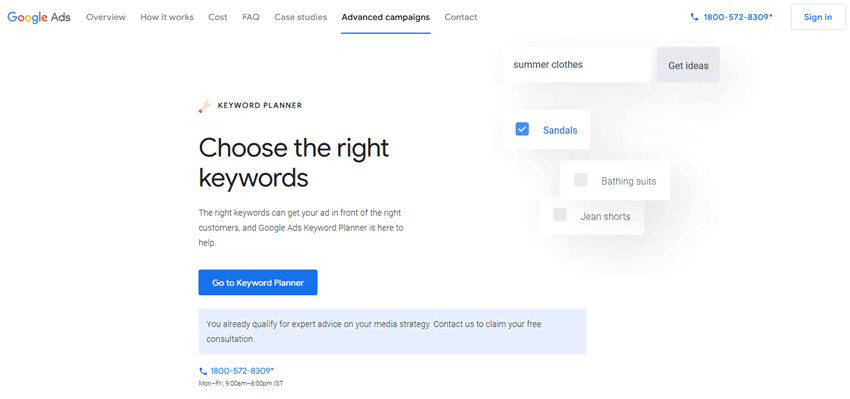
The Google Keyword Planner is another useful tool commonly used for keyword research.
It presents you with a range of other related keywords along with the current one, as well as their search volumes and competition metrics.
This information will help you establish the most searched for keywords that have not been saturated with other ads and search engine results.
3. Target Keywords From Low DR sites
Analyzing your competitors’ websites, especially those who have a low DR, can also guide you into identifying rankable keywords which also feature low domain ratings.
Keyword tools such as Ahrefs or Semrush can enable you to locate key phrases that your competitors rank for. This will give you a current list of words or phrases being ranked with lower DR values.
At the end of your research, you’ll have a list of easily rankable keywords.
4. Online Forums

For people in search of answers online, Reddit, Quora, AlsoAsked and Answer The Public are known to be among the most famous forums.
These platforms can be used for keyword hunting as well as searching for what people are discussing for.
Look for threads or questions about your niche and use the keywords mentioned in the discussions.
5. Google’s Related Search
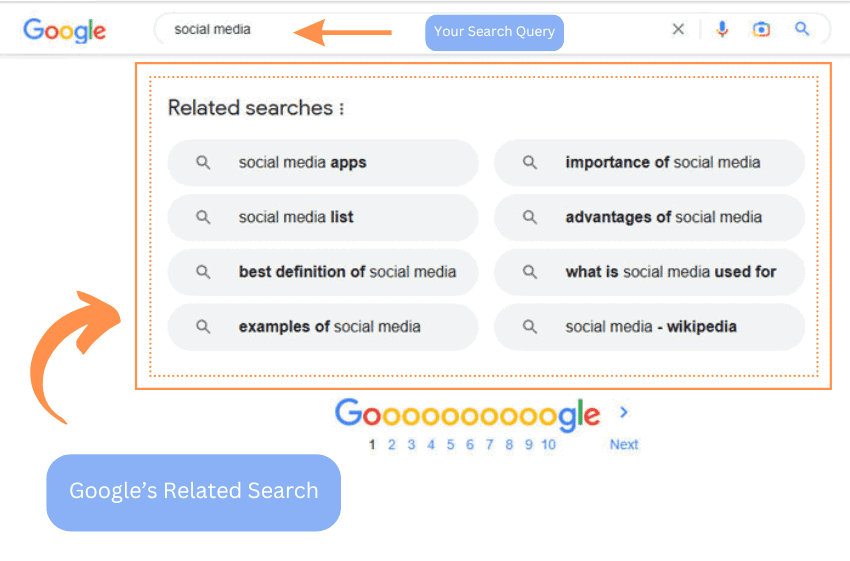
Another clever way to look for keywords is through Google’s Related Search column.
It helps you understand the search patterns of your target audience.
Also, these long tail keywords usually have a lower search volume and not many top sites target them.
By eliminating this competition, you can easily swoop in and take the top position for these long tail keywords.
6. Dive Deep Into Facebook & LinkedIn Groups
Facebook and LinkedIn groups are bustling with passionate enthusiasts asking and solving queries.
These groups often act as search engines where they can get answers from people they trust.
Now, we can take advantage of the most frequently asked questions or the trending topics on these groups and target those keywords for your own website.
This is an especially great keyword research option for e-commerce websites.
You can find the pain points of your audience and target those keywords.
7. Company and Product Reviews
If you’re a niche blog or a service provider, you can target keywords with “review.”
Companies and manufacturers providing products and services in your niche are great keywords to target.
Before buying any new product, users usually go online to read reviews and see if the cost and quality are worth it.
8. Use a Keyword Research Tool
If you are taking your website seriously and want to get the best keywords to target, then keyword research tools like Ahrefs and Semrush are what you need to go for.
All you need to type in the parent keyword and in turn, they will give you hundreds (if not thousands) of related terms and phrases that you can target.
Also, these tools give you exhaustive data about each of the suggested keywords, including search volume, traffic potential, and keyword difficulty.
This makes it easier for you to make a wise and informed decision on which keywords to go after.
9. Online Guides like Wikipedia
Online encyclopedias are a storehouse of information.
Looking for your parent keyword on Wikipedia will expose you to hundreds of keywords related to your parent term.
You can make a bank of all of these keywords and target the ones that goes with the search intent and your business intent.
For example, if you look for “social networking” on wikipedia, the page also links you to several other social networking-related articles like “social network service”, “social bookmarking”, and “social platforms”, among others.
10. Free Online Courses
This may sound a bit out of the box, however, free online courses are a great way to find educational keywords.
In addition to Google, YouTube and LinkedIn also act as search engines when people are looking to gain information on a certain topic.
And online courses are a great way to find what topics you can cover for your website.
Once you have a list of keywords you can go after based on the above research, shortlist the keywords that best suits your business intent.
FAQ(s) on How to Find Rankable Keywords
Examine your keywords based on the following factors and discard the ones that don’t meet most of the requirements.
1. A keyword should be inclined to your business intent. If you’re someone who sells shaving razors, targeting a keyword like “what is the best shaving razor” is better than “the history of shaving”.
2. Should have moderate to high search volume. If you target a keyword that only gets 0-10 monthly searches, then you’re basically writing an article on a subject that people are not looking for. So, look for keywords that have an SV>100.
3. Have a keyword difficulty of below 40. A keyword with high difficulty will most probably need a lot of backlinks and a good domain authority to rank in the top 10. If you’re just starting out, then that may not be possible for you.
4. Check the domain authority of ranking pages. If the websites already ranking for the keyword have a domain authority of over 80, you may want to build yours before targeting the said keyword.
Not necessarily.
If you are regular with your posting and are consistently gaining traction and building your domain authority, then targeting a few high-competition keywords may not be a bad idea.
In fact, it allows you to create a parent page for your keyword cluster, increasing your credibility.
The easiest way to find the keywords your competitors are ranking for is through AHREFs or SEMrush.
These SEO tools let you run a comprehensive competitor analysis and give the list of their most popular pages and keywords, which you can use for your very own keyword strategy.
Conclusion
Keyword research is a critical part of SEO, and finding the right keywords that can help you rank higher in search results is essential.
The methods mentioned above make it extremely easy to find the keywords you can target.
However, when it comes to shortlisting and finding the right terms to go after, you may need the help of a professional.
So, find easily rankable keywords with the help of an SEO professional.
An SEO can help you identify the right cluster to target and which keywords are worth putting an effort into.






